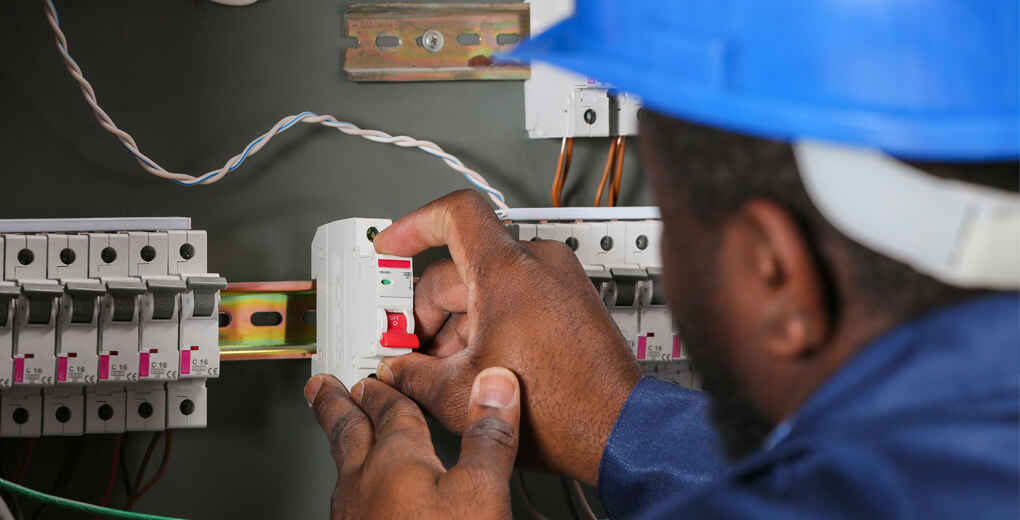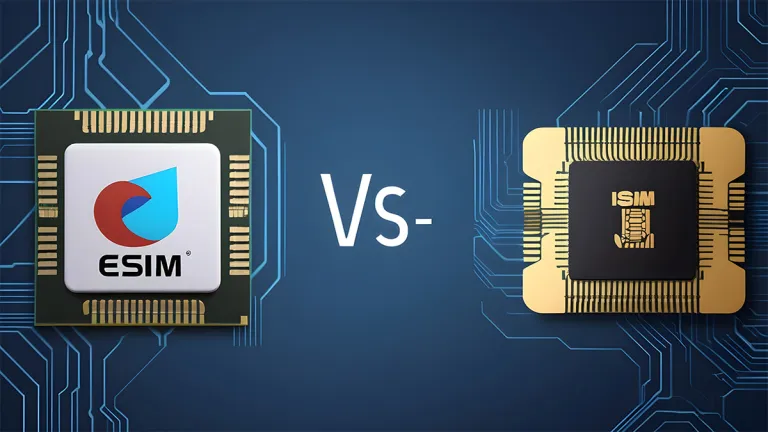
Before packing your bags and jetting off to France to study, you’ll need to know how to apply for a France student visa, including what documents you’ll need and which types of visas are available. If you want to study abroad in France and are not from an EU or EEA country, you’ll need to get a French student visa.
If you are studying a full-time program that lasts more than three months, like a bachelor’s or master’s degree, you need to apply for an extended-stay student visa with a residency permit (VLS-TS).
Types of French student visas
There are different types of student visas for studying in France. Which one you’ll need will depend on how long you will be studying in France for:
- Short stay visa (visa de court séjour pour etudes): This type of visa lets you study in France for up to three months. It is free of charge, and cannot be renewed once it has expired. This visa can be used for things like short language courses or summer school programs.
- Entrance exam visa (etudient concours): This type of visa allows you to travel to France to take an entrance exam at a university. If you pass, you can then apply for a long-stay visa.
- Extended-stay visa with residence permit (visa de long séjour etudes VLS-TS): This type of visa also acts as your residence permit, and allows you to study in France for between four and 12 months. It can be renewed through your university two months before expiry.
How to apply for a France student visa
- Accept your offer from university: Once you’ve received and accepted your offer from a university in France, you can apply for your visa.
- Submit your application: Complete and submit the required documents including visa application forms.
- Await a decision: The processing times for visas vary depending on consulate dealing with your request, but it can take three months to receive a decision.
- Validate your visa: When you arrive in France, you will have three months to validate your VLS-TS. This can now be done online here – you need to provide an email address, information about your visa, your address in France and your arrival date. You will also need to pay the visa fee of €99 using a bank card.
If you are from one of the 43 countries outside of Europe that uses the Études en France platform to apply for study in France, your visa application will be sent to the French consular authorities of your home country automatically.
If you are not from one of these countries, you will need to contact the French consular authorities in your home country – find your closest French consulate or embassy here.
French student visa requirements
When applying for a VLS-TS, you need to provide the following:
- A passport issued in the last 10 years and valid for at least three months after your planned date of departure from France
- Long-stay visa application form completed, signed and dated
- Two passport photos
- Proof of accommodation
- Proof of finances
- Proof of insurance covering medical and hospital expenses up to at least €30,000
France student visa processing time
How long it will take to get your visa can vary, but the process typically takes a minimum of two to three weeks.
The visa application can begin no sooner than 90 days before your departure date to France. So, it’s really important you start the process as soon as possible.
Working with a French student visa
You are permitted to work in France for up to 964 hours per year with an extended-stay student visa. This works out to be about 60% of full-time employment for a year, or 18.5 hours per week.
The money you earn should be auxiliary income, which means you should not be your only means of support while you study in France.
What to do if your France student visa is rejected
It can be really disheartening if your visa application is rejected, but that doesn’t mean you should give up on your plans.
You can re-apply for your visa straight away, but you will need to provide all of your documents again and pay another application fee.
You should be given a reason why your application was rejected, and it’s essential that you put this right before you apply again. If you don’t you can expect another rejection and you’ll lose another application fee.
If you strongly think your application was rejected unfairly, you can ask the French Consular in your country to review their decision or appeal to the Commission charged with visa refusal appeals.






